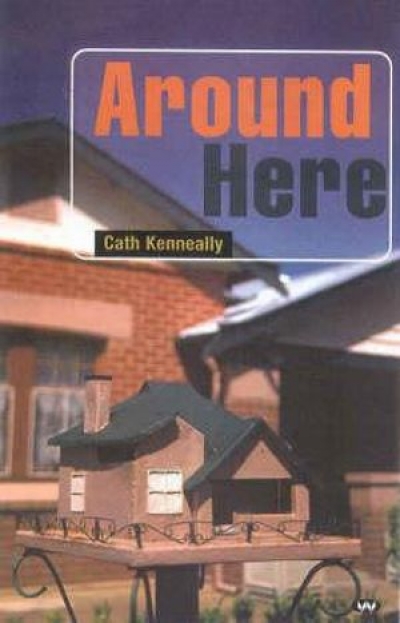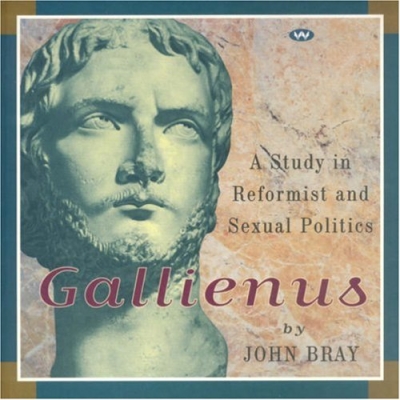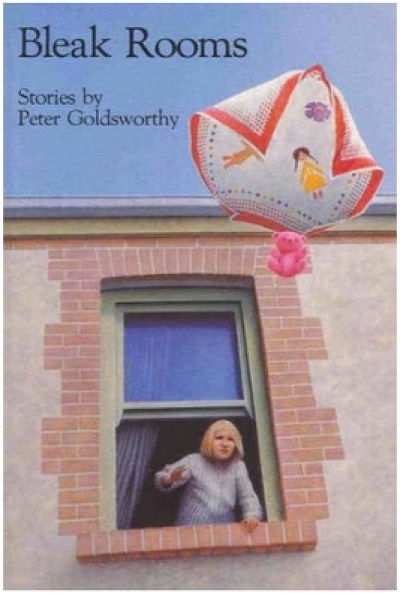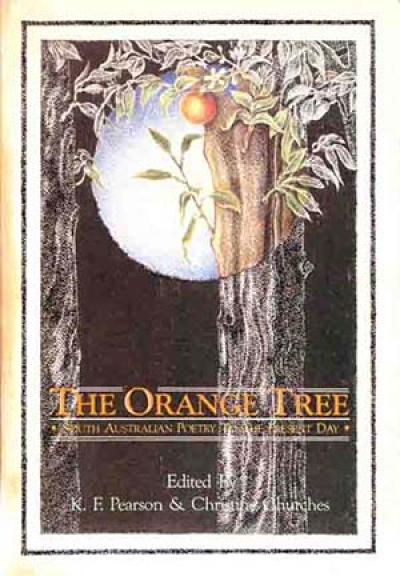Wakefield Press
Gallienus by John Bray & A Portrait of John Bray edited by Wilfred Prest
by Alex Castles •
The remarkable Peter Corris has done it again, producing his third book this year, with probably a couple still to come. I say remarkable because, with the occasional lapse, he manages to maintain a high standard of entertainment despite being prolific. No real writer, of course, would countenance publishing one book a year, let alone four or five, but fortunately for crime buffs this is not a problem for Mr Carris, who, one suspects, would happily produce a book every month if the publishers let him.
... (read more)Unsettled Areas: Recent South Australian short fiction edited by Andrew Taylor
by Sandra Moore •
The Orange Tree: South Australian poetry to the present day edited by K.F. Pearson and Christine Churches
by Barbara Giles •






